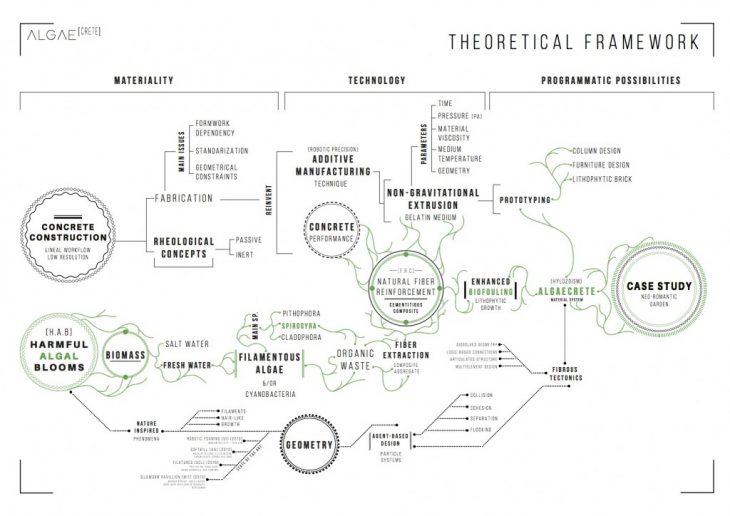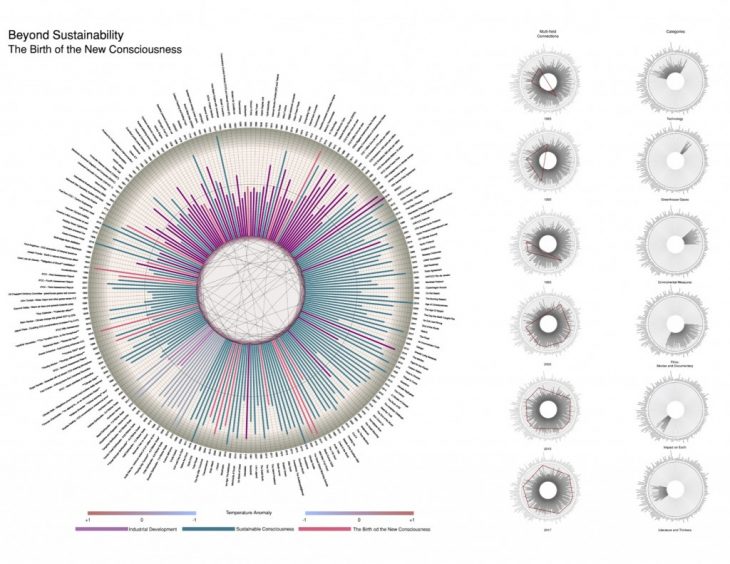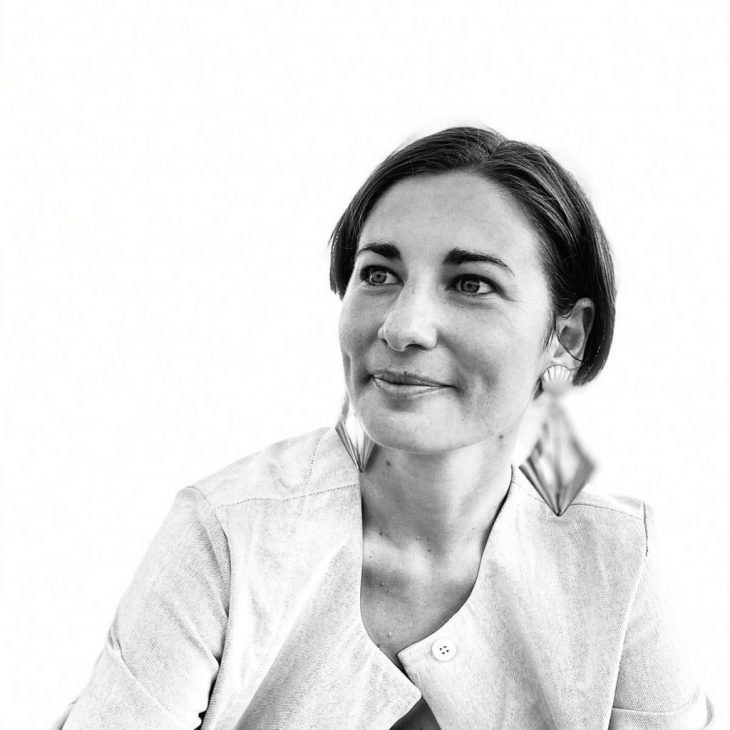Master in City & Technology Second Year 2020/22
Seminar Name: Research & Methods
Faculty: Dr. Mathilde Marengo & Nikol Kirova
In the second year of the Master in City & Technology, students focus on the development of an in-depth individual research agenda. The Research & Methods course is a platform oriented to the development of specific scientific skills, acquired through practice, in-line with the learning by doing methodology applied at IAAC, allowing the students to critical thinking and research competencies, to be applied in a personal and independent way to their specific research agenda.
This includes all phases of the research, from designing the thesis itself, the program of study, to practical information on localizing sources and databases, defining key research objectives, selecting a methodology, designing and developing experiments, determining a related and selected bibliography, and compiling the thesis delivery in itself, all focused on understanding and prioritising information.

Research Map, MAA02 Individual Thesis, AlgaeCrete, Student: Fabio Rivera, Advisor: Marcos Cruz, C-Bio.Ma, 2018
FORMAT
The course will be run in a mixed format consisting of short lectures and development exercises. Each class/development exercise, the students will treat a new subject related to their research development, from planning their research, methods and skills, research protocols and databases, to the delivery of the thesis. During the second term, a workshop on dealing with complexities will encourage the students to go in-depth in all aspects of their thesis, map the entirety of the systems they are developing and study the correlations between the various agents.

Research Context, MAA02 Individual Thesis, A+A+A, Student: Pablo Augustin Vivas, Advisor: Peter Trummer with Jordi Vivaldi, The City in the Age of Hyperobjects, 2018
Faculty

Dr. Mathilde Marengo
Mathilde Marengo is an Australian – French – Italian Architect, with a PhD in Urbanism, whose research focuses on the Contemporary Urban Phenomenon, its integration with technology, and its implications on the future of our planet. Within today’s critical environmental, social and economic framework, she investigates the responsibility of designers in answering these challenges through circular and metabolic design.
She is Head of Studies, Faculty and PhD Supervisor at the Institute for Advanced Architecture of Catalonia’s Advanced Architecture Group (AAG), an interdisciplinary research group investigating emerging technologies of information, interaction and manufacturing for the design and transformation of the cities, buildings and public spaces. Within this context, Mathilde researches, designs and experiments with innovative educational formats based on holistic, multi-disciplinary and multi-scalar design approaches, oriented towards materialization, within the AAG agenda of redefining the paradigm of design education in the Information and Experience Age.
Her investigation is also actuated through her role in several National and EU funded research projects, among these Innochain, Knowledge Alliance for Advanced Urbanism, BUILD Solutions, Active Public Space, Creative Food Cycles, and more. Her work has been published internationally, as well as exhibited, among others: Venice Biennale, Shenzhen Bi-City Biennale, Beijing Design Week, MAXXI Rome.

Nikol Kirova is an interdisciplinary Bulgarian architect with an educational background in interior design, urban planning, and advanced architecture. Currently, Nikol is a teaching assistant and a researcher at IAAC, developing her Ph.D. with a focus of her research is the integration of material innovation in design and architecture, as part of the IAAC-SWIN offshore Ph.D. program, developed with the Swinburne University of Technology.
The common feature of her work is the search for alternative solutions for optimized construction, material informed design, and spatial communication. Her research interest lies in investigating how materiality in architecture and construction can be reestablished and propose a better communication between the built environment and its inhabitants.
For a couple of years Nikol was developing Synapse, a smart material system for real-time urban flow data collection toward responsive environments and informed decision making. The novel research was awarded with the Digital Matter and Intelligent Construction and the Artificially and Materially Intelligent Architecture excellence awards in 2018 and 2019.
